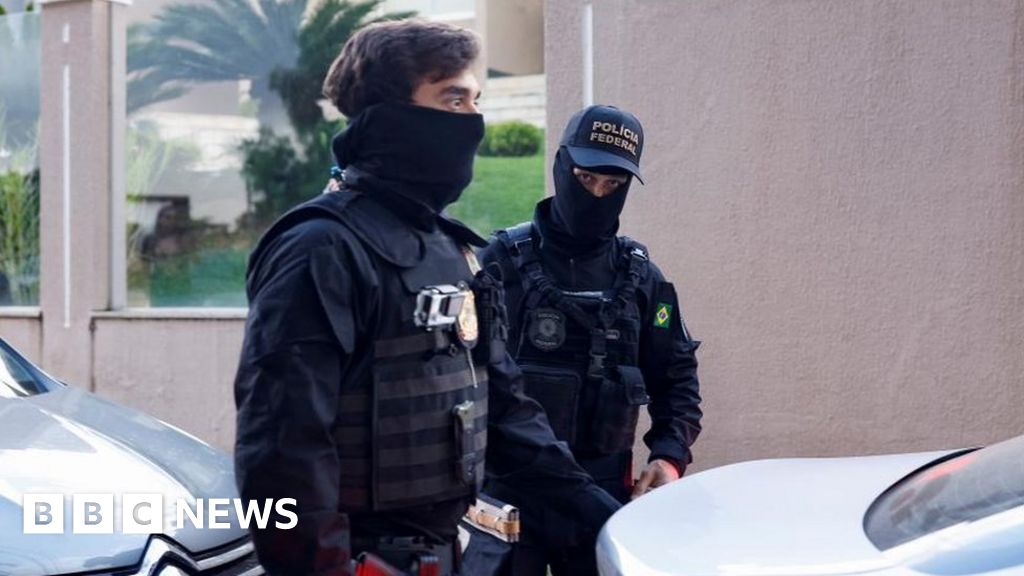- the National Guard is more of a state entity despite receiving some federal training and funding, iirc.
- I'm not sure how exactly a response to a similar incident in Washington D.C. would occur since that's sort of federal territory...maybe the president would deploy [what used to be called] the "Washington Division" [which used to be at Ft. Meyer but I think that place has closed].
- I'm only surprised that no one really gives a second thought to using national defense troops to suppress internal opposition, but hey, that's what the Brits did in Northern Ireland in the '70s so the bar is set pretty low anyway.
You're getting caught up in minute differences of form, why would it make a difference whether the troops keeping order in the streets during unrest are tied to a state govt or the federal govt? That's military forces keeping a lid on riots either way.
Also a bit incorrect on that distinction anyway. The Brazilian military police, who seem to be the main enforcement at work here, are considered part of the military but are also ordinarily under the control of the governors of the states, with a separate force for each state. In this case, in the federal district, the federal govt took over once it became apparent the governor of the capital territory was part of the problem. So the line of command there is pretty much the same as in the US, with federally linked auxiliary military units being ordinarily at the disposal of state executives.
The takeway here is most/all countries have some sort of militarised way to restore order and control crowds, a function somewhere between the standing army and ordinary police. In some countries the function sits squarely with a military police or gendarme type entity (ie sections of a military whose jurisdiction is basically civilian policing) like the Brazilian military police, many European gendarmeries like the Carabinieri and Guardia Civil, or the Canadian RCMP. In some countries it's more of a pure military entity having occasional ad hoc law enforcement powers as required, like the US National Guard. In some cases it's a heavily armed section of ordinary police like the Australian Federal Police's Specialist Response Group.
If those various functions are not enough and things get really out of control with regards to a big ole riot, the next step
will generally be conventional military regardless of the form of that intermediate step, though in this case it sounds like the regular army are stationed "just in case" while the military police do their thing rounding everyone up on charges.

